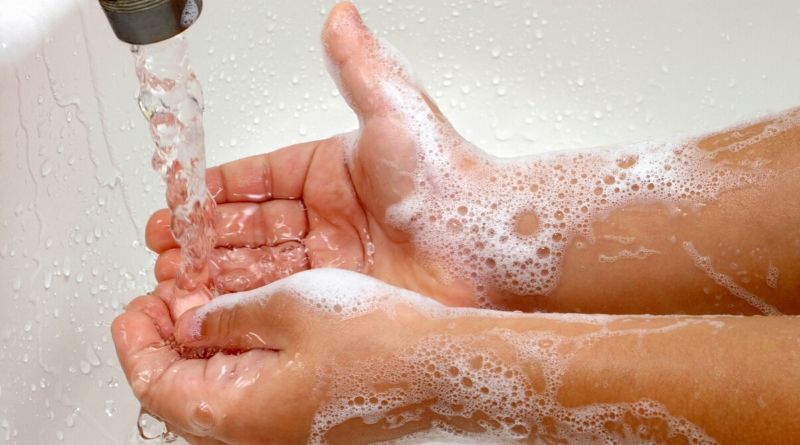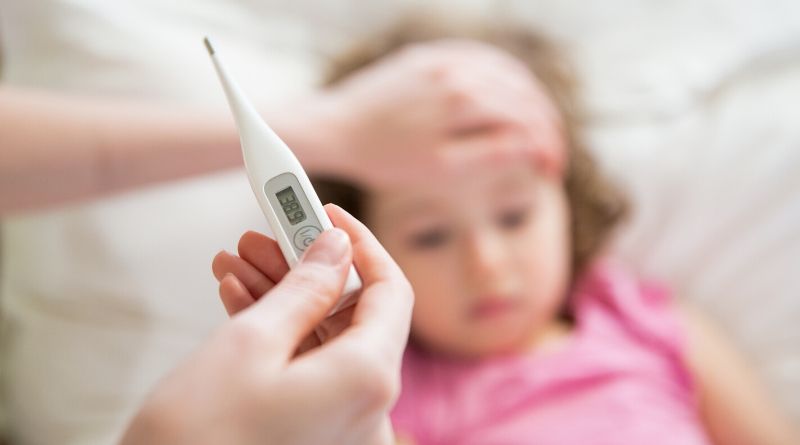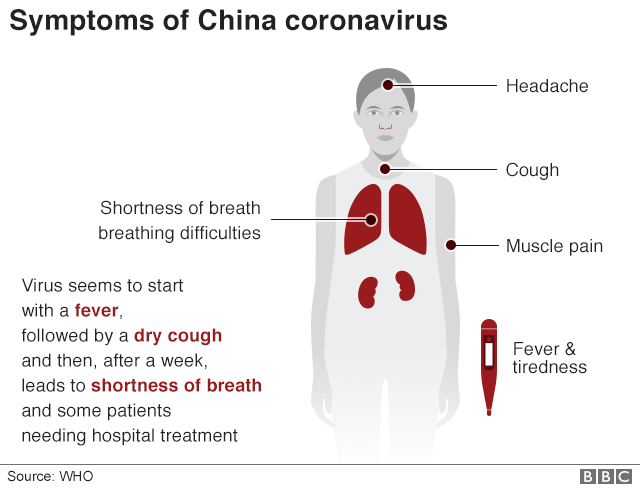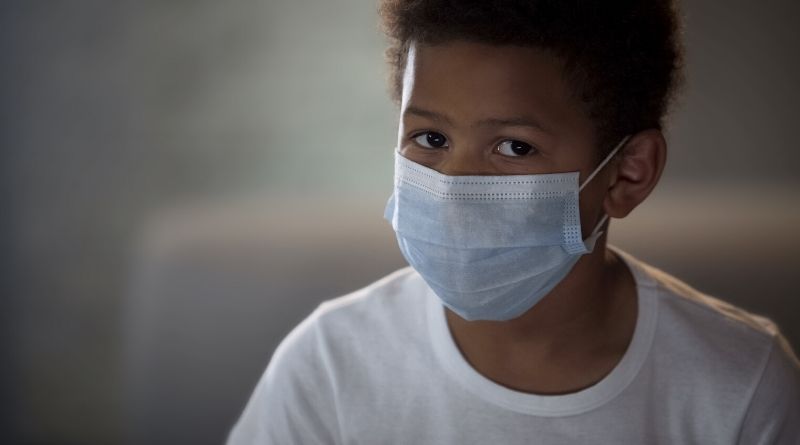You can get a hang of the routine pretty quickly. But the reality is that it can take a lot of patience, and time, to get your kids into a habit of washing their hands. Prepare for constant reminders, nagging, and bribing. It’s important that kids understand why they need to do it – so explain to them it will help prevent them from getting sick, and getting other kids sick. Came up with stories that will give them a reason they can care about – germs are tiny aliens that need to be destroyed, or it’s a happy ritual with dancing. Whatever works for you, be a good judge of when and how often they clean their hands, and make it a bit of fun if you can.
NOTE: you DO NOT need to use anti-bacterial soap which can be tough on the skin or cause allergy reaction. Washing hands with regular soap has been proven to be as effective at washing away gems as anti-bacterial soap.
The basics of washing hands for kids:
- Make sure they can reach the sink (get a step stool!). If your child is small, hold him or her to help him reach the sink.
- Ask them to wet their hands with running water first so the soap can stick to the hands
- Make it fun: because it takes time to wash away the germs effectively, you will need to use soap and lather up for about 20 seconds.
- Count: During this time, you can teach them how to count (slowly from 1 to 10 counting 1 AND 2 AND 3…).
- Sing: You can also sing any of your favorite songs (ours has been ABC).
- Make bubbles: My little one likes to play with the bubbles, so letting him explore the hands and the water is part of the fun.
- Teach them to rub hands together. Make sure you get in between your fingers, on the backs of hands, and around and under the nails where germs are concentrated. It’s super important they learn to clean thoroughly and take time to do so.
- Rinse and dry well with a clean towel or avoid the towel altogether and let their hands dry naturally.
Helpful things you may need for cleaning hands:
- Folding step stool for kids. We prefer the folding ones over the bulky ones because we can quickly fold and stow them away when needed and they’re lighter and easier to move to other location. Here is one on Amazon.
- Soap or a soap dispenser. Don’t overthink this one as any soap works pretty well and you know your family’s needs, so if they’re sensitive to fragrances or dyes or whatever, get what you know works well.
Alternatives for washing hands: reach for hand sanitizer or wet wipes
Hand sanitizer or wet wipes don’t work well when hands are visibly dirty or greasy. Soap and water are best because they remove dirt, grease, and germs fully. But hand sanitizer is a good backup when you can’t get to soap and water. Use an alcohol-based sanitizer with at least 60% alcohol.
For related articles, see “What is coronavirus.”



